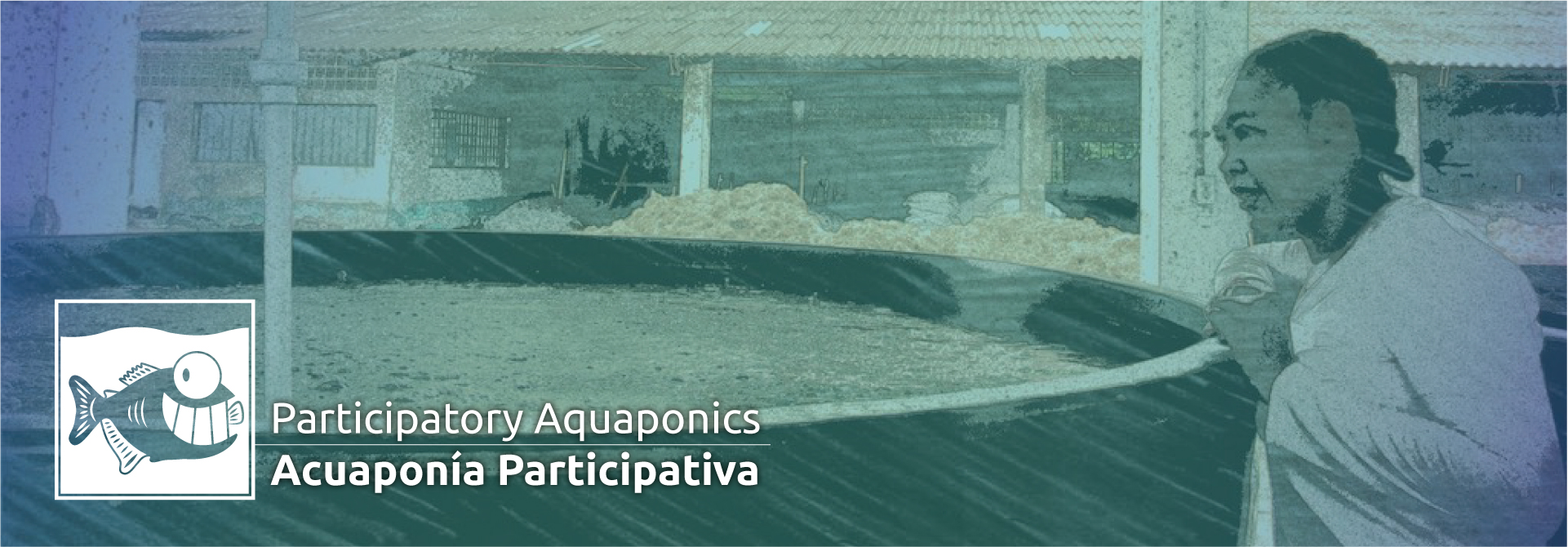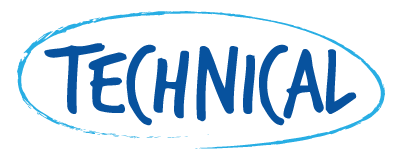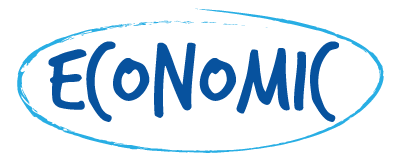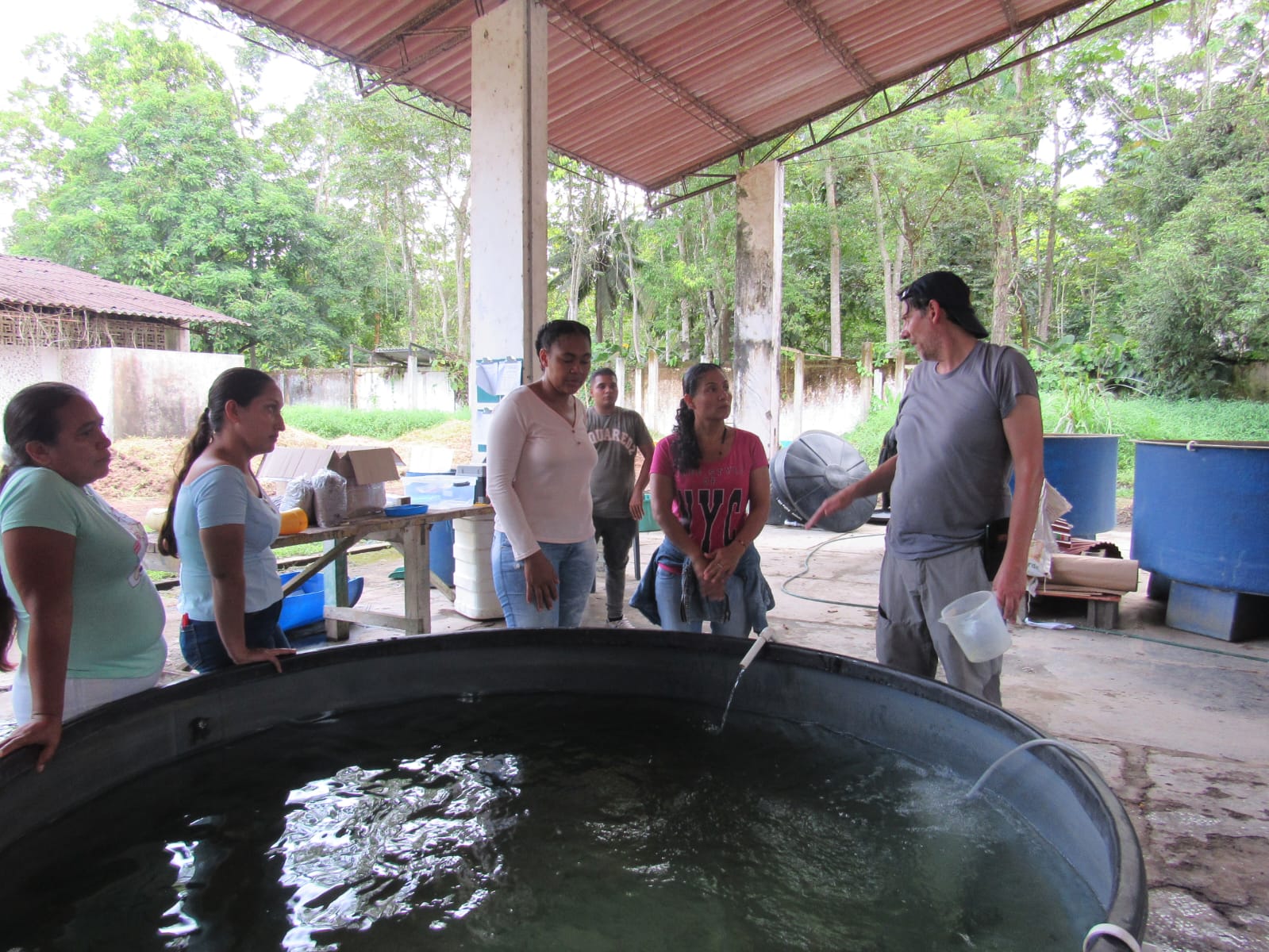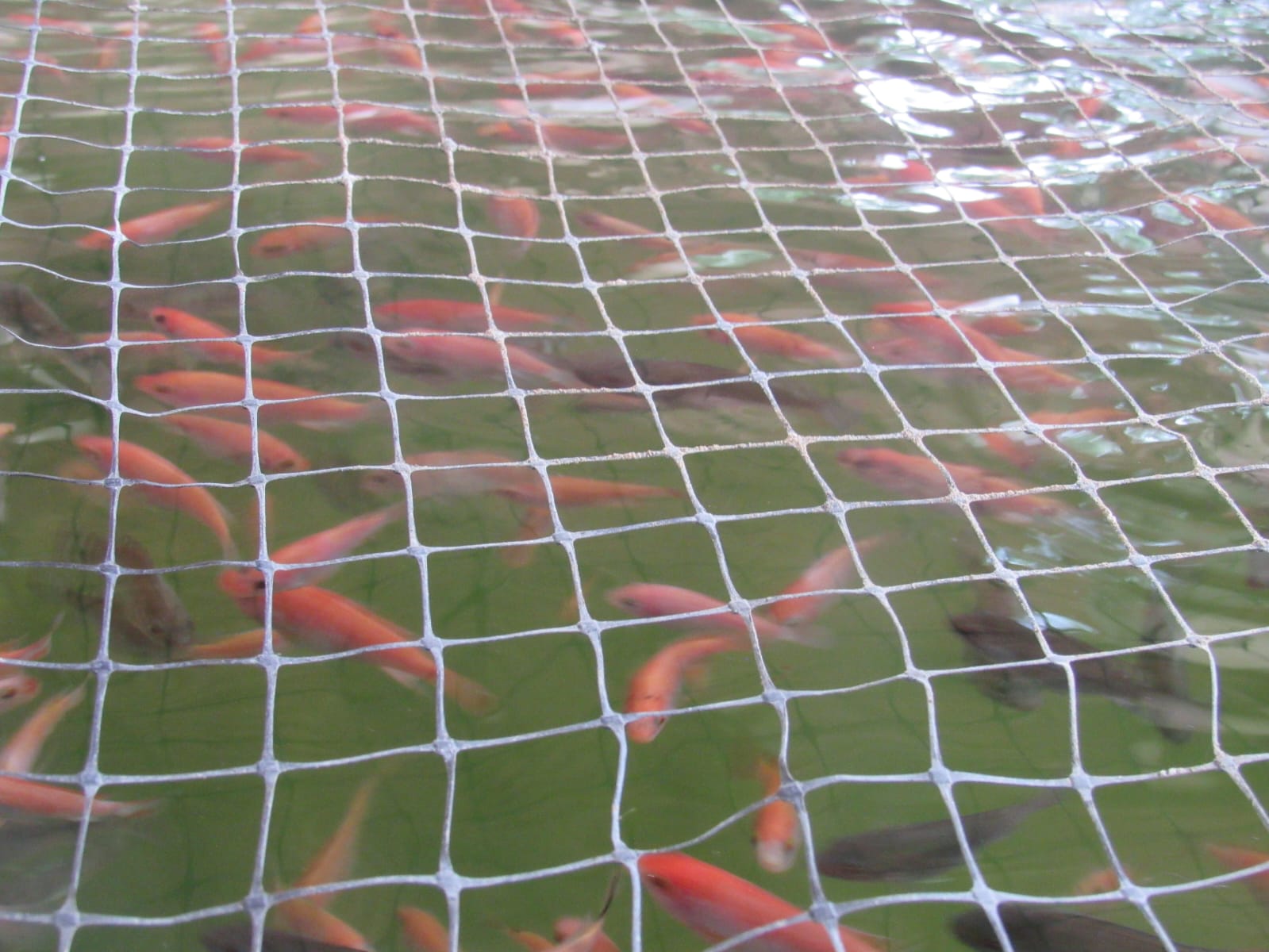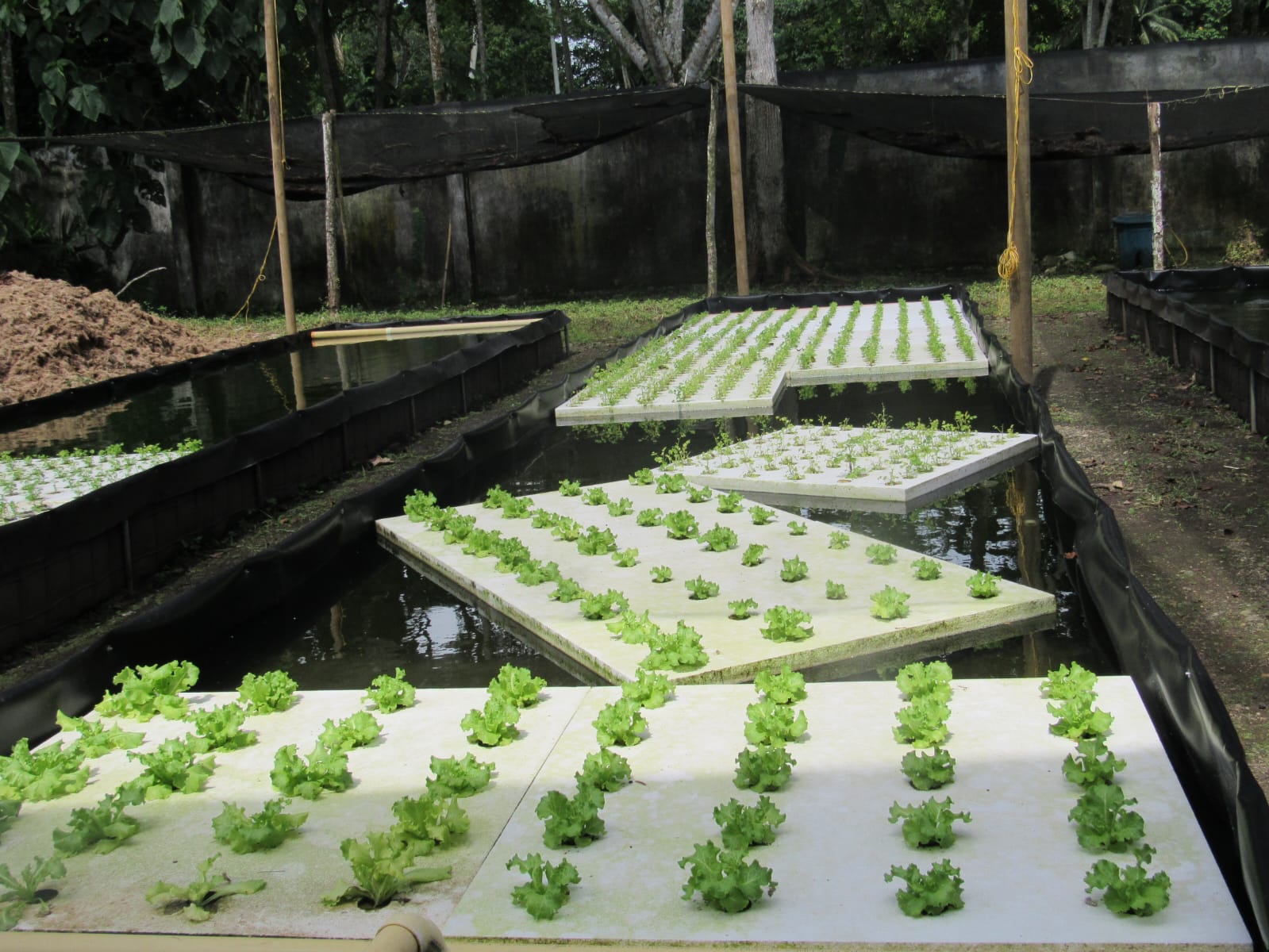Sustainability aquaponics in Urabá, Colombia: A path toward gender equality and ecological and socioeconomic development
1. How it all started
In the Gulf of Urabá, a region historically affected by armed conflict, it was born an initiative for change: sustainable aquaponics. Led by Professor Jenny León and supported by the Municipality of Turbo, SENA, and researchers from the University de Antioquia, Universidad de los Andes, Justus Liebig University Giessen, and CEMarin, we launched a co-creation process with local communities, especially women heads of households, to install a system that integrates fish farming and plant cultivation in a sustainable model.
This project, located in the municipality of Turbo, seeks to implement two sustainable aquaponics systems (a combination of aquaculture and hydroponics using native species), as follows:


